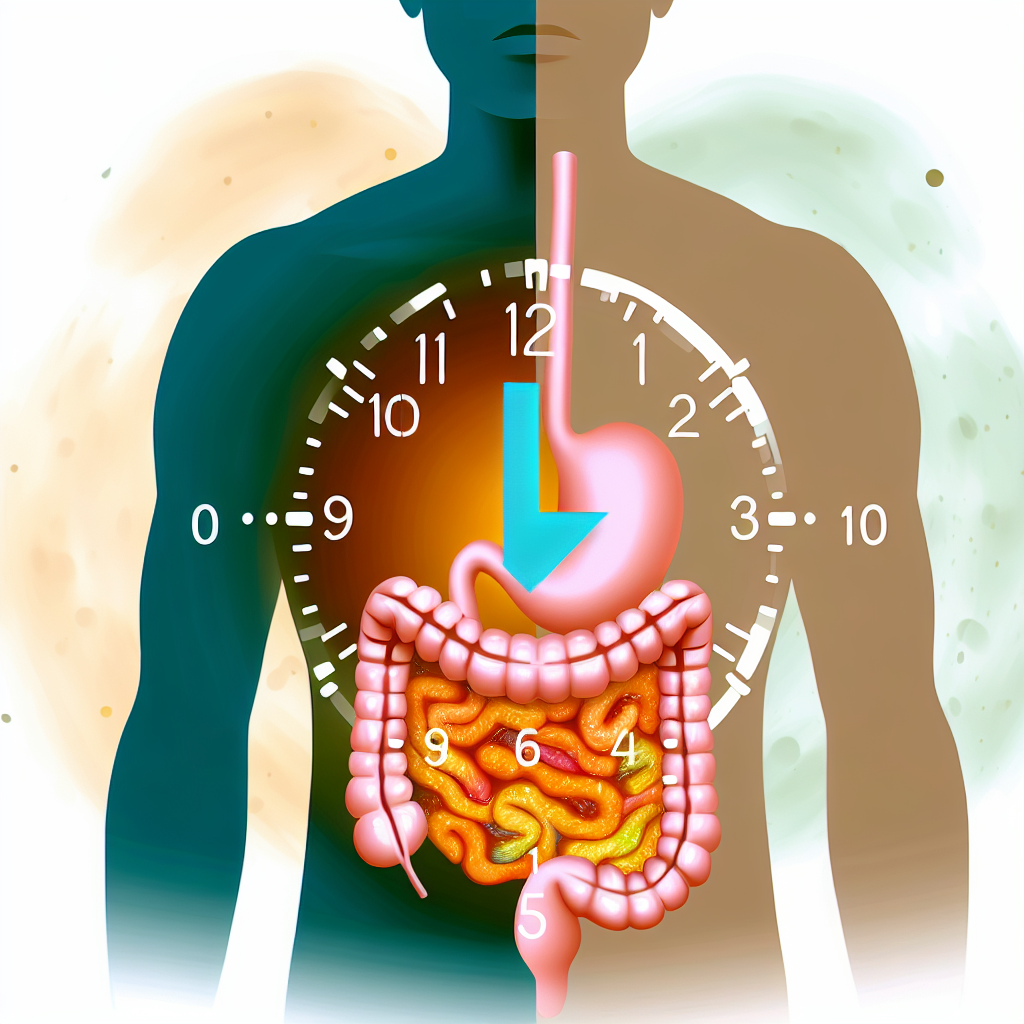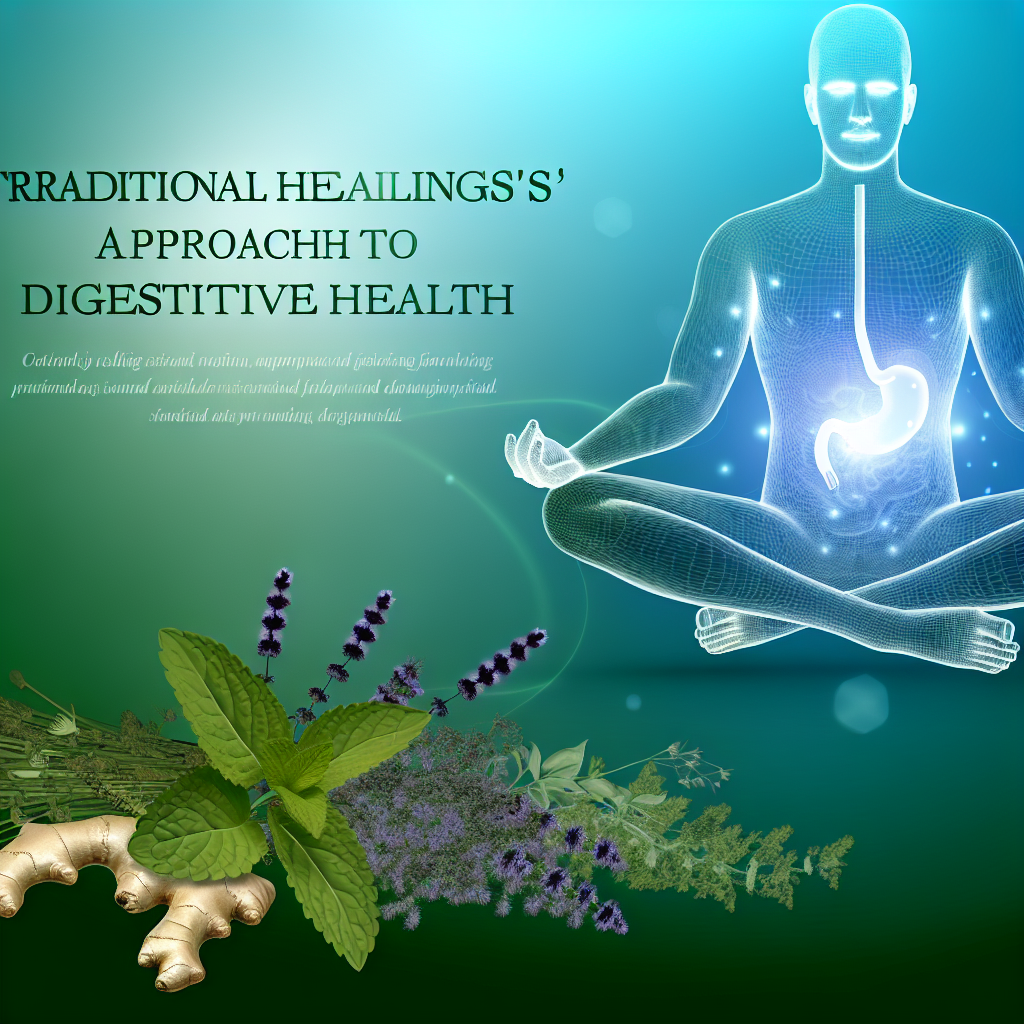Intermittent Fasting for Gut Restoration: A Natural Path to Digestive Healing
Introduction
In the modern world, poor gut health has become an epidemic due to processed foods, high sugar intake, chronic stress, and a lack of dietary fiber. A growing body of research suggests that intermittent fasting (IF) may be an effective, natural way to restore gut health by promoting microbial balance, healing the intestinal lining, and reducing inflammation.
The Science Behind Intermittent Fasting and Gut Health
Research has demonstrated that fasting can positively impact gut microbiota composition, enhance intestinal barrier function, reduce inflammation, and promote metabolic regulation. Studies have found that fasting leads to an increase in beneficial bacteria, such as Akkermansia muciniphila and Lactobacillus, and enhances the production of short-chain fatty acids (SCFAs).
Intermittent Fasting and Inflammation: A Powerful Gut-Healing Mechanism
Intermittent fasting has been shown to reduce gut-related inflammation by lowering levels of inflammatory markers such as interleukin-6 (IL-6) and tumor necrosis factor-alpha (TNF-α). Fasting can also stimulate intestinal stem cells to regenerate the lining of the gut, aiding in repair and strengthening the gut’s defense barriers.
Fasting and the Gut’s Circadian Rhythm: Why Timing Matters
Intermittent fasting can help reset the gut’s circadian rhythm, improving digestion, hormonal balance, and metabolic efficiency. Aligning fasting with the body’s natural rhythms can lead to better digestion and enhanced microbiota diversity.
How to Incorporate Intermittent Fasting for Optimal Gut Health
Strategies for incorporating intermittent fasting for gut health include the 12:12 method, the 16:8 method, and occasional 24-hour fasts. Prioritizing gut-friendly foods and staying hydrated can also support the gut-healing process.
Conclusion: A Natural, Science-Backed Approach to Gut Healing
Intermittent fasting represents a revolutionary approach to gut health restoration, offering a natural and effective way to heal the digestive system. Research continues to validate the profound effects of fasting on gut healing, microbial diversity, and overall metabolic function.
Summary:
Intermittent fasting can be an effective, natural way to restore gut health by promoting microbial balance, healing the intestinal lining, and reducing inflammation. Research has shown that fasting can positively impact the gut microbiota, enhance intestinal barrier function, and reduce inflammation, making it a promising approach for improving digestive health.

Dominic E. is a passionate filmmaker navigating the exciting intersection of art and science. By day, he delves into the complexities of the human body as a full-time medical writer, meticulously translating intricate medical concepts into accessible and engaging narratives. By night, he explores the boundless realm of cinematic storytelling, crafting narratives that evoke emotion and challenge perspectives.
Film Student and Full-time Medical Writer for ContentVendor.com




